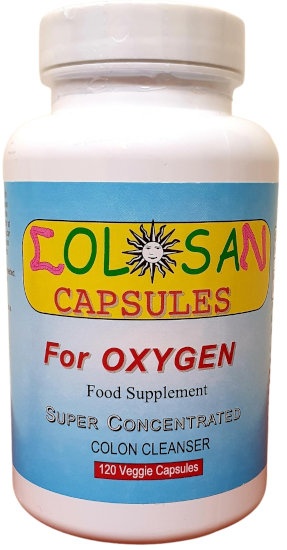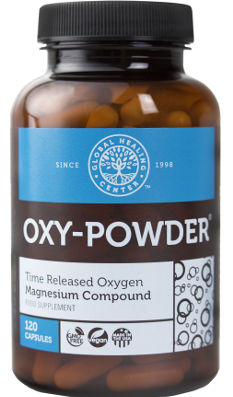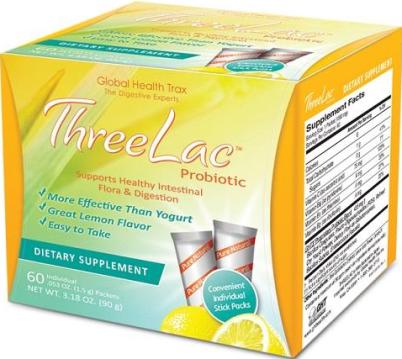Hello Everyone
The main part of this newsletter is going to be about finding happiness in the long term. But before we get to that, do you find the approach to Christmas stressful or feel low at this time of the year? If so, where it comes to supplements, you may find something useful in the mood support category of the web site.
| There are many options in the mood support category, and obviously not everyone finds the same product (or combination of products) to be the best one for their particular body and situation. However one of my top choices for reducing stress (and improving sleep) is our own uniquely developed product Lavender Formula Review: These are my little saviours! I literally recommend to everyone I know, when I had bad anxiety these saved me and are great for my 20 year old daughter when she has wobbles and anxiety. My Mum takes them when she has trouble sleeping.. I carry a couple with me at all times. Can’t recommend enough! Our own range don’t have a colourful and enticicing label like you get with big brand labels, but trust me, we know what we’re doing, and our own range of products are very effective. More reviews of Lavender Formula here |
| Another top choice, which we’ve only begun selling recently is Ashwagandha. Our one is unique in that it’s actually four forms of ashwagandha root to relieve stress, support healthy cortisol levels, and promote a calm state of mind. Suitable for anyone who experiences stress, it’s also very supportive and nourishing to the adrenal glands. The findings of this study suggest that a high-concentration full-spectrum Ashwagandha root extract safely and effectively improves an individual’s resistance towards stress and thereby improves self-assessed quality of life1 1. https://www.ncbi.nlm.nih.gov/pmc/articles/PMC3573577/ |
| Another one to consider is NeuroFuzion. Described by the manufacturers as “a potent, herbal formula that’s designed to support healthy brain function, happiness, focus, and mental clarity”. This product is currently going through a re-brand, and when current stocks have sold out, it will be sold with the new name of Stress Relief. The ingredients themselves will remain the same. Review: I took two capsules daily for 2 weeks initially and had a great change in my mood. Less worries and more confidence and good sleep. A great product. Now I take it when I have some sleeping issues. |
Healthy essential fatty acid levels are also vital for good mental health, particularly Omega 3 oils. Discussing this in depth would require an entire book in itself, but cutting a long story short, Omega 6 (to a lesser extent) and Omega 3 (to a huge degree) essential fatty acid are vital for proper brain function. This includes our quality of mood, as shown in countless studies.
Finally, good mental health, and mental clarity also requires healthy adrenal and healthy thyroid function. That’s too big a subject to get into in this newsletter in depth, but both are very important.
| In terms of working on oneself, supplements alone are not enough (though they can help). Nicholas Bunney is the son of our long time developer, and we’ve recently agreed to stock his new book ABCD: Finding Happiness through Awareness, Values, Principles, and Actions. Nik explained to us that having examined his “perfect” life and found that something was missing, he went on a journey of self-discovery through, philosophy, therapy, meditation, scientific literature and personal experience to find a set of values that allowed him to find more purpose, focus and gratitude in his life. He believes that many people can benefit from the lessons he learned and the techniques he developed to improve their own life. |
From the Author.
I’m so proud to be the very first author to sell a book through this wonderful website. I have been a customer myself for many years, so it’s an honour that my own work can sit beside the same products we all know and love.
HAPPINESS IS AS EASY AS ABCD!
Let me introduce myself. My name is Nicholas Bunney, and I am a husband and father (and now author) from East London. In 2017 I was working as a sales trader in a well-known investment bank. From the outside, my life looked ‘perfect’ with a good job and young family I may have been in a position many people would have envied. However, as many of you will relate with, I was not feeling as happy as I SHOULD have been. Why was this? Surely, I should be grateful especially when compared to others who are less fortunate than me – how could I be so selfish!
I decided to take a break from work and look into why I wasn’t happy. My goal was to investigate my thinking and see if there was a way to feel more aligned with myself and find some contentment. Now, the issues I was facing in life were not “special” – we all go through them every day.
- Unrealised health goals
- Job Dissatisfaction
- Lack of time for strong relationships
- Boredom
- Anxiety
- Lack of purpose
- Not keeping promises to myself
So, there must be a way to improve my situation – right? Diving deep into philosophy, meditation, fitness, literature, scientific studies and much more – I started to see a pattern forming. Much of the lessons, advice and techniques that have been found to improve people’s mental health for centuries have centred around four key elements.
ABCD.
As I applied these elements to my own life and slowly developed the tools I would later provide in my book (ABCD: Finding Happiness…) – I changed my mindset, improved how I looked at the world and started to understand what makes us tick – what humans need to be happy.
WHAT IS ABCD?
ABCD is the acronym of the main themes that I found in my research,
- AUTHENTICITY
- BALANCE
- CONSISTENCY
- DISCIPLINE
These four simple words that we are all familiar with hold the elements to a vast range of sound advice from experts and scholars, scientists and philosophers, life coaches and therapists – from here to two thousand years ago. So why can they benefit our happiness and mental health?
AUTHENTICITY
- Why do we do the things we do? Why do we care about the things we do?
- Many of us feel like we are getting nowhere with our goals and values. But how often do we question what is truly important to us – and not the product of our peers, parents or media?
- When we align our values with our actions and understand ourselves more (as well as letting go of things we can’t control) – We are far happier!
BALANCE
- What are realistic expectations of ourselves? Are we approaching our life in a balanced way?
- Often, we treat the separate areas of our life as though they don’t interact. But life is a rich tapestry with all elements interacting.
- When we see this and balance our time and expectations to allow our WHOLE life to be served – we can enjoy the journey!
CONSISTENCY
- We are what we do every day.
- When we consistently keep promises to ourselves and others, especially those around our authentic values and goals – we build a sense of self confidence that builds contentment in our lives – no matter what life throws at us.
- Find ways to break larger goals and values into smaller pieces; stop being overwhelmed and start living life!
DISCIPLINE
- Challenges bring us joy!
- Physiologically, the body creates dopamine to help us survive the pain of life’s challenges. Mentally, the brain responds brightly when we act with purpose and creates cognitive dissonance when we don’t.
- We are not seeking discipline as punishment – we are seeking the small acts of self-discipline that give us purpose.
It’s often said that “The side of every generation find the same truths”, and this became evident to me. I don’t claim to be wise, however I felt that many people would benefit from having a single place with the best of these ideas that they could refer to whatever issues they faced.
- Finding values to live by.
- Identifying goals that can improve their lives.
- Embracing a new philosophy that allows them to let go and be happy.
- Learning how to talk to ourselves.
- Reframing failure.
- Helping others.
- And much, much, more!
So, as the nights draw in and we enter a colder and more introspective period of the year – use ABCD: Finding Happiness through Awareness, Values, Principles, and Actions to work on finding the happiness you’ve been missing. Whether it’s to inspire a choice of worth while new years resolutions or to make a more life enhancing change – ABCD can help you. Thank you for taking the time to read my first newsletter and please head over to The Finchley Clinic to check out the brand-new book!
Nicholas welcomes feedback and questions about his journey. He can be contacted directly using the following information:-
EMail: abcd_nicholas_bunney@hotmail.com
Instagram: @abcd_nicholas_bunney
 | Best wishes Mark G. Lester Director – The Finchley Clinic Ltd www.thefinchleyclinic.com |
Visit us at www.thefinchleyclinic.com

 Katie is a graduate of the College of Naturopathic Medicine, who I have been working with behind the scenes for some time. (She also works as a colon hydrotherapist). She has a commitment to wellness, to her patients, and attention to detail that goes beyond the competent, to the level of the superlative. She takes the same view as myself, that you cannot make the body healthy by poisoning it, therefore allopathic medicines should be avoided when it is possible to do so.
Katie is a graduate of the College of Naturopathic Medicine, who I have been working with behind the scenes for some time. (She also works as a colon hydrotherapist). She has a commitment to wellness, to her patients, and attention to detail that goes beyond the competent, to the level of the superlative. She takes the same view as myself, that you cannot make the body healthy by poisoning it, therefore allopathic medicines should be avoided when it is possible to do so. 

